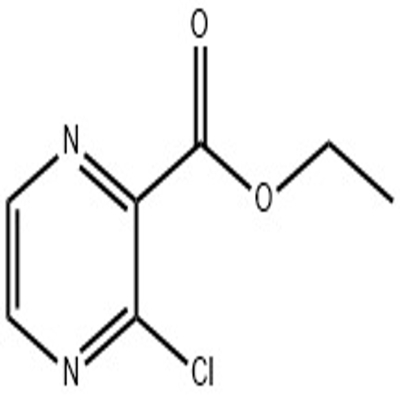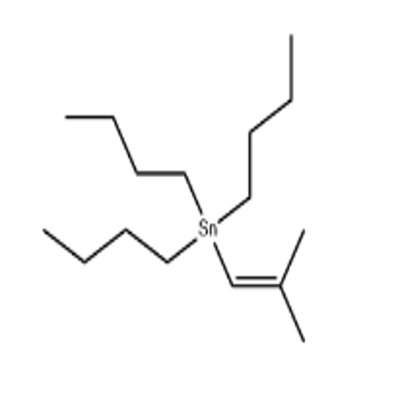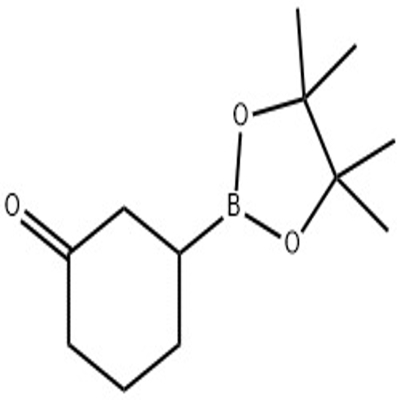-
Categories
-
Pharmaceutical Intermediates
-
Active Pharmaceutical Ingredients
-
Food Additives
- Industrial Coatings
- Agrochemicals
- Dyes and Pigments
- Surfactant
- Flavors and Fragrances
- Chemical Reagents
- Catalyst and Auxiliary
- Natural Products
- Inorganic Chemistry
-
Organic Chemistry
-
Biochemical Engineering
- Analytical Chemistry
- Cosmetic Ingredient
-
Pharmaceutical Intermediates
Promotion
ECHEMI Mall
Wholesale
Weekly Price
Exhibition
News
-
Trade Service
TextsLi yuanthe American Cancer Society (ACS) has updated previous guidelines on cancer prevention diet and physical activity based on the latest scientific evidenceThe updated recommendations increase the recommended level of physical activity and place greater emphasis on reducing the consumption of processed and red meat, sugary drinks, processed foods and alcoholThe updated guidelines also include strategies to reduce barriers to healthy eating, active living and reducing alcohol intake disorders, all of which can be demonstratedThe new guide appears on The Journal of God on June 9 thin lying in CA: A Cancer Journal for Cliniciansupdated ACS guidelines differ from previous versions in some of the main differences:physical activity
adults should do at least 150 minutes of moderate-intensity or 75 minutes of vigorous exercise per weekadults should exercise 150 to 300 minutes of moderate intensity or 75 to 150 minutes of vigorous exercise per week;healthy eating focuses on plant foodsChoose foods and beverages that help achieve and maintain a healthy weight; limit your intake of processed and red meat; consume at least 2.5 cups of vegetables and fruits a day; and choose whole grains instead of refined grain products: People of all ages should follow a healthy dietThese habits include:foods high in nutrients that help achieve and maintain a healthy weight; dark green, red and orange vegetables, as well as fiber-rich legumes (soy and peas), and fruits, especially whole fruits and whole grains of all colorsrestricted or unrecommended foods include red and processed meats, sugary beverages, highly processed foods and refined cereal productsred meat is unprocessed mammalian muscles, such as beef, pork, lamb, etc., including mince or frozen meat Processed meats are treated with cured, smoked, marinated, fermented or other processes that improve preservation or enhance distaste Red and processed meats are often associated with an increase in cancer rates In 2015, the International Agency for Research on Cancer (IARC) listed processed meat as a Category I carcinogen, and red meat is a "possible" (Group 2A) human carcinogen should limit the intake of alcoholic beverages Women do not exceed 1 cup per day and men do not exceed 2 cups per day it's best not to drink If you want to drink alcohol, women should not drink more than one drink per day and men should not drink more than 2 drinks per day drinking is the cause of at least seven cancers These include upper gastrointestinal cancers (i.e oral, pharynx, throat and esophagus squamous cell carcinomas) as well as liver, colorectal and female breast cancers The 2018 World Cancer Research Fund/American Cancer Institute (WCRF/AICR) Continuous Update Program Report reiterates strong evidence of alcohol-related relationships to these cancers and also suggests that drinking alcohol may increase the risk of stomach cancer public, private and community organizations should collaborate at the national, state and local levels to implement policy and environmental changes that increase access to affordable healthy food in communities, workplaces and schools, particularly for young people to reduce access to and marketing of food and beverages with low nutritional value provideaforous, pleasant and accessible environmentfor school and workplace sports activities and community transport and leisure activities public, private and community-based organizations should work with national, state and local levels to develop, advocate and implement policy and environmental changes to increase access to affordable nutritious food; in addition to the above changes, the updated guidelines also recommend that people maintain a proper weight, move less and exercise aerobicly throughout their lives In the case of being overweight or obese, even a few kilos can reduce the risk of some forms of cancer and other serious health problems The best way to stay slim is to eat a healthy diet combined with a lot of physical activity Get the right weight by understanding your body mass index (BMI) Even if you don't reach your desired weight, a good diet and more exercise can improve health, help your body feel better, and help prevent cancer examples of intensity and intense intensity aerobic exercise in Table 1
In addition to providing the necessary energy for our daily body energy consumption and reserves, diet patterns and food nutrition are also important determinants of cancer risk A recently published assessment attributed 4.2% to 5.2% of cancer cases each year to poor diet Current versions of the guidelines suggest using healthier eating techniques, including to treat meat by baking, baking or boiling rather than by frying or charring eat out, don't eat high-calorie foods such as French fries, ice cream, doughnuts, and other sweets, but instead eat vegetables, whole fruits, and other low-calorie foods don't indulge yourself, occasionally eat high-calorie food must also be careful, as little as possible to eat pay attention to food labels on the menus of shops and restaurants Eat a limited amount of cream sauce, seasonings, and vegetable and fruit sauces , the guide also answers some common public questions, such as whether acrylamide increases the risk of cancer, whether antioxidants are associated with cancer, whether coffee affects cancer risk, whether eating gm crops is cancer risk, whether organic food is good for cancer, and whether vegetarian diet reduces cancer risk Laura Makaroff, senior vice president of prevention and early detection at the American Cancer Society, said: "This guideline continues to reflect that dietary patterns rather than specific foods are critical to reducing cancer risk and improving overall health No food is sufficient to significantly reduce the risk of cancer The evolving scientific evidence supports a shift from a nutrition-focused approach to a more comprehensive concept of dietary patterns "







